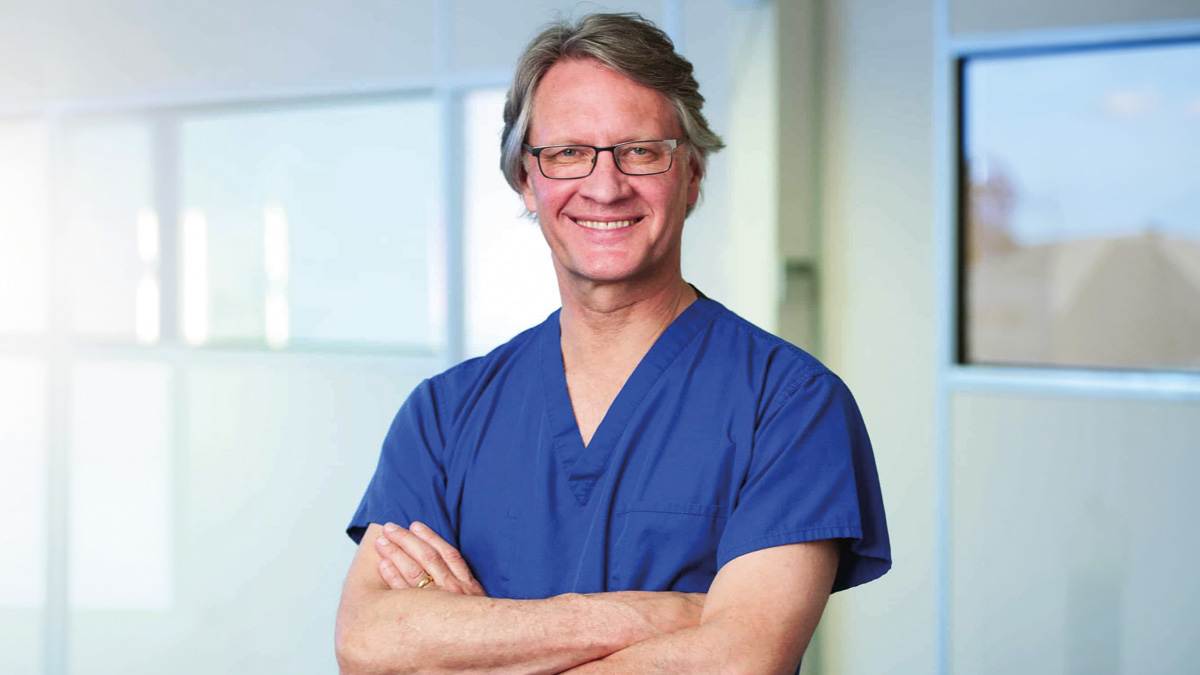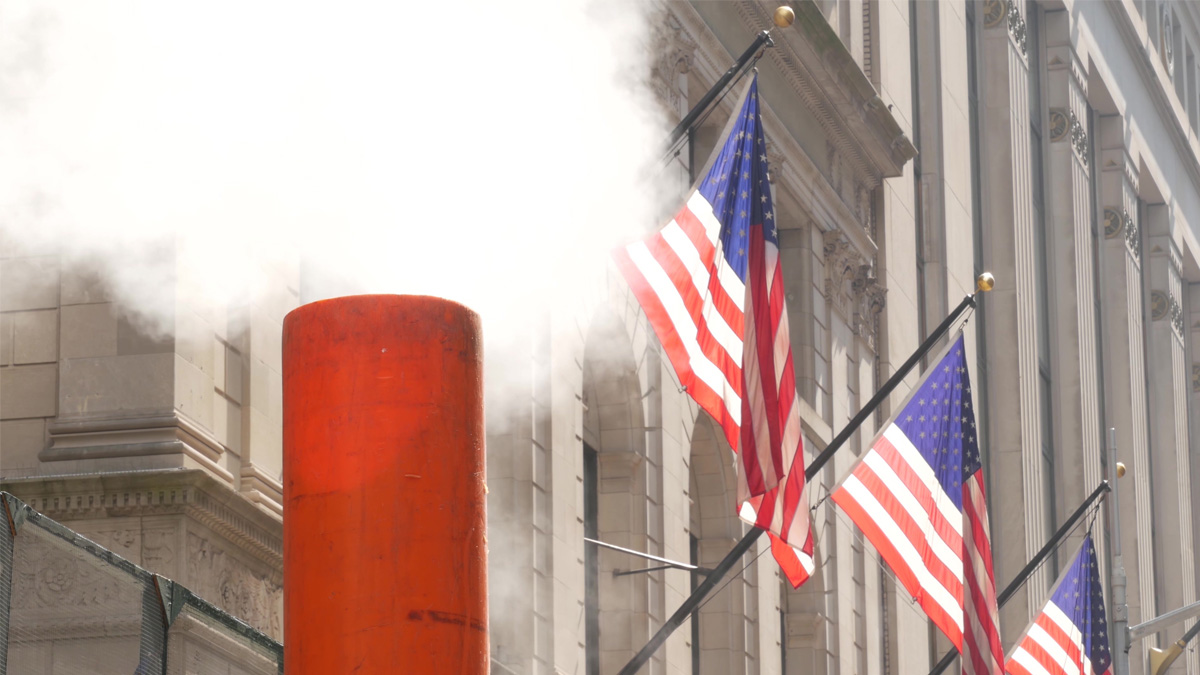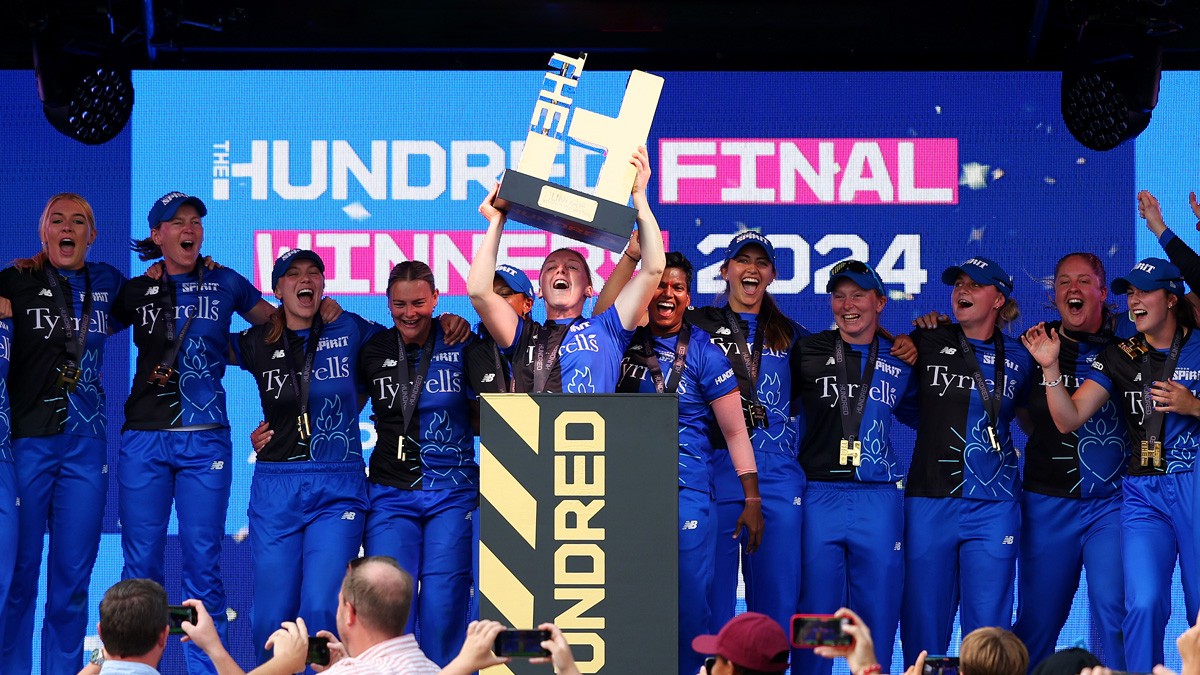How Mark Slack built a multi-billion business
In our latest podcast episode, we speak to Dr Mark Slack about how he built a business valued at more than $3bn

CMR Surgical is one of the most exciting businesses in the UK. It has developed a robot that can be used for keyhole surgery.
In the latest episode of the Business Leader podcast, we speak to Dr Mark Slack, the co-founder and chief medical officer, about the story behind the business.
Slack grew up in South Africa and was a promising runner. However, his athletics career was derailed by injury, which introduced him to the world of medicine. “I was really only obsessed with getting twice around the running track as fast as I could, because I was an 800-metre runner,” Slack says of his young self.
He went on to study medicine at university and then did military service for two years, where he served in Angola. “I learnt a lot about discipline and a lot about myself – about courage, about what my limitations were, and also about embracing people for who they are,” Slack says of his time in the military. “You realise that people’s external behaviour doesn’t always mean they are nasty or angry or whatever. It’s very often them just struggling with their own day-to-day bits and bobs.”
Slack came to the UK after losing hope that Apartheid would ever end. He worked in an academic hospital in Cambridge where he could treat patients and work on innovations.
It was in Cambridge that the story of CMR Surgical really begins. Slack became interested in keyhole surgery.
In particular, he was interested in how much keyhole surgery was actually being done, versus how much could be done. Keyhole surgery reduces the risk of complications compared to open surgery and patients recover quicker. However, less surgery is done as keyhole than it could be because it takes a high level of skill and it is difficult to train surgeons.
Slack thought robots could help. He met Luke Hares, a robotics expert, after they were introduced by Slack’s wife, who had come across Hares at antenatal classes. Hares introduced Slack to Keith Marshall, Paul Roberts and Martin Frost, who he had worked with at a company in Cambridge. The five of them came together to build CMR Surgical.
The story of CMR Surgical highlights the value of ecosystems like Cambridge, where people can meet and skills come together. This business couldn’t have happened anywhere else in the world apart from Cambridge. “The ecosystem that existed around us contributed hugely to the success of building the robot and getting it out there,” Slack says.
Listen to the full podcast episode with CMR Surgical’s co-founder Mark Slack.



